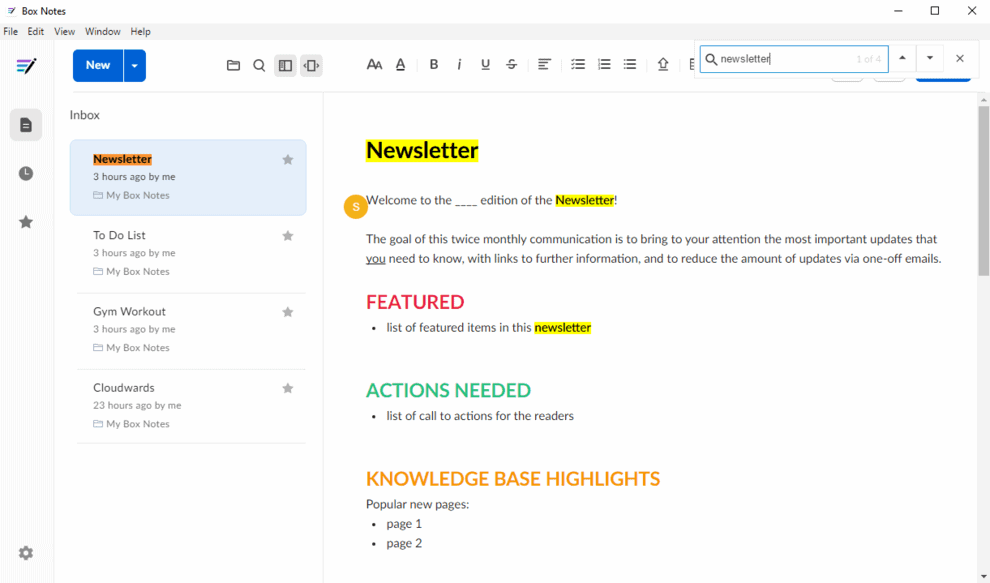
Despite the fact that Box didn’t start out as an enterprise player, co-founder and CEO Aaron Levie quickly realized that would be his sweet spot.

The companies’ respective websites clarify the differences between the two: Box is focused on enterprise customers (who care about encryption, integration with other enterprise applications, and which other businesses are using the service) while Dropbox’s bread and butter are consumers (who just want to get up and running with the service as quickly and smoothly as possible). There’s just a small sketch of a laptop and mobile device, a big blue button that lets you sign up for an account, and the company’s simplistic tagline: “Your stuff, anywhere.” Browse through, however, and you won’t find any of the above information. You’ll also see words like “security leadership” and “scalable.” And the logos of some of Box’s most recognizable corporate customers, including Procter & Gamble (PG) and Pandora (P).
BOX VS DROPBOX PLUS
Scroll through Box’s website and you’ll see multiple tabs - Box for personal, business, and enterprise IT needs, plus information on pricing and a sales contact number. (For a comparison, check out their fees and storage capacities here and here.) The real difference, though, can be plainly seen by viewing each company’s homepage. Yes, there are variations in their pricing plans. And, bottom line, both companies have similar offerings: web-based storage, syncing and sharing for photos, documents, and other files.īut Box and Dropbox do have some noteworthy differences.

Both are run by young, sneaker-wearing entrepreneurs who weren’t yet alive when former president Ronald Reagan took office. Both have raised hundreds of millions of dollars from top venture capital firms, touted impressive growth - both in employee count and customer base - and managed to nab some high-profile executives in recent months. That’s because, on the surface, the two appear to be very similar companies, especially now that both startups are nearing their respective IPOs and catering more and more to enterprise customers. Whether you guessed Box or Dropbox, you’re correct.


 0 kommentar(er)
0 kommentar(er)
